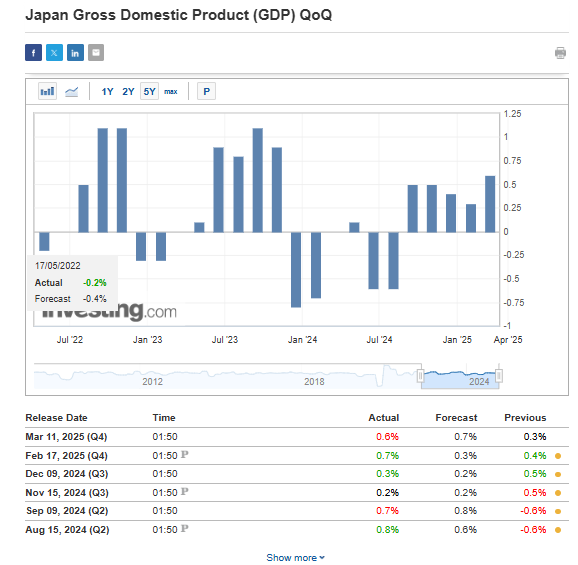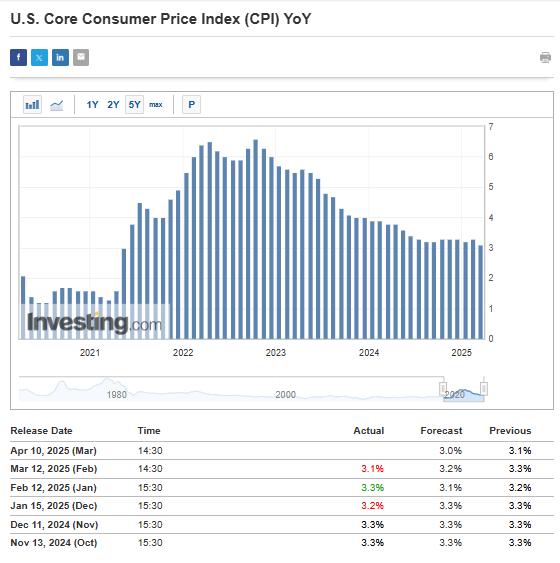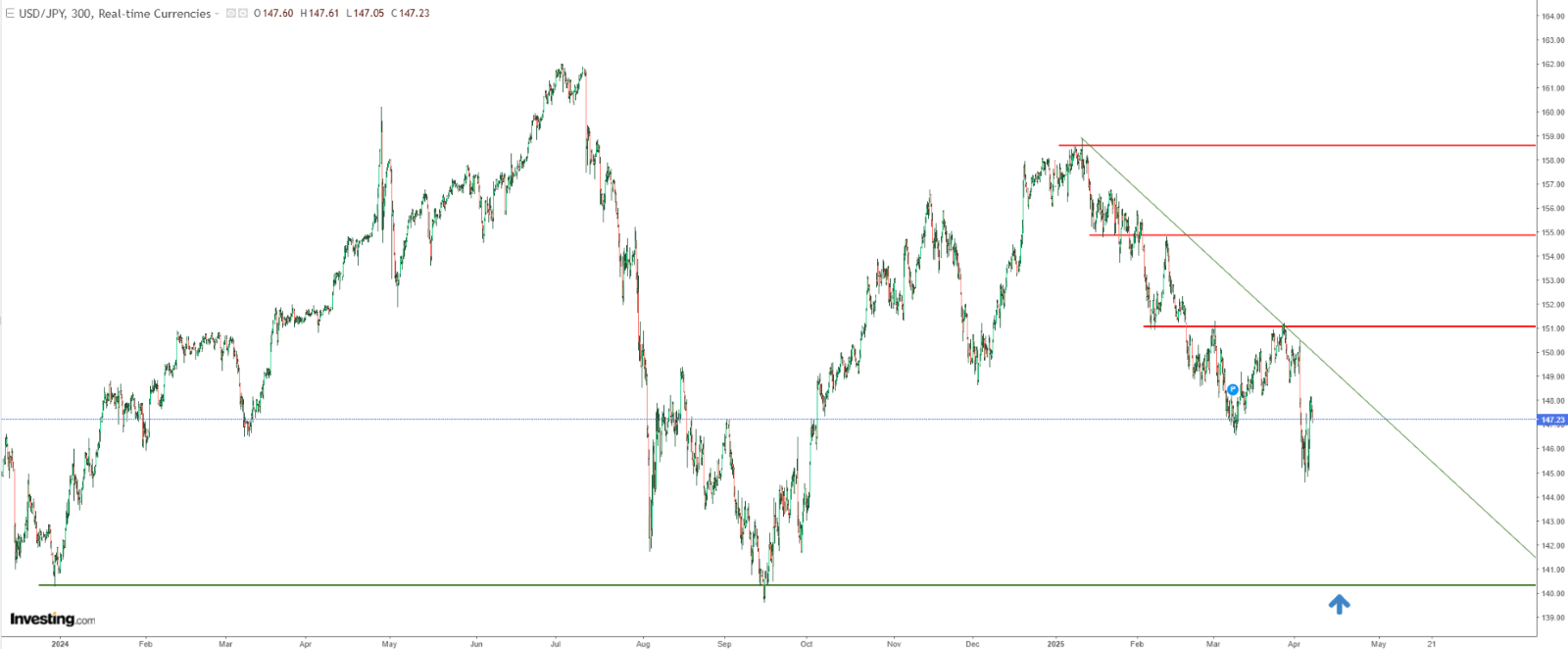United Homes Group stock plunges after Nikki Haley, directors resign
- US tariffs hit Japan’s auto sector, weighing on growth.
- BoJ may pause, but the Fed could cut faster if inflation slows.
- USD/JPY likely to stay weak, with 140 as key support.
- Looking for more actionable trade ideas to navigate the current market volatility? Subscribe here to unlock access to ProPicks AI winners.
Last week marked the start of a major shift in global politics and economics. US President Donald Trump announced new tariffs that are the highest seen in a century, affecting nearly every country. The average rate is now close to 30%, which matches the most extreme scenario he had suggested during his campaign.
Because of the tough tone from the US and signs that other countries will strike back with their own tariffs, the situation is likely to stay tense—and markets could remain very volatile.
Investors also now have their eyes set on the USD/JPY currency pair as the US has placed a 25% tariff on cars and 24% on other goods coming from Japan. So far, Japan has responded calmly and says it is willing to talk.
US Hits Japanese Exporters
There is no doubt that US tariffs, especially those targeting Japan’s key industry—automobiles—are a serious problem for the government in Tokyo. If talks fail, Japan’s economy could slow down even more in the coming months. Growth is already weak, with quarterly figures staying below 1%.

Because of the recent economic uncertainty, the Bank of Japan—despite earlier hints that it might raise interest rates—will likely pause and wait for more data before making any decisions. Even though this suggests a more cautious or "dovish" approach from Japan, the yen may not weaken much. That is because the US Federal Reserve is expected to speed up interest rate cuts, which could weaken the US Dollar.
So, we are looking at a likely situation where Japan does little and the US becomes more aggressive in easing policy. This combination usually leads to a weaker dollar. As a result, the downward trend in the USD/JPY exchange rate will probably continue—although, with how quickly things are changing, the outlook could shift at any moment.
Here's What Macroeconomic Data Suggests
This week’s key event on the economic calendar is the US inflation report, coming out on Thursday. Forecasts do not show a big change—prices are still rising faster than the Fed’s target—but if the numbers match expectations, it would mark another month of slowing inflation compared to the same time last year.

If inflation drops below 3% year-over-year, which would be a positive surprise, it could give the Federal Reserve another reason to cut interest rates sooner. That would likely keep pressure on the US dollar, which many believe is already overvalued.
USD/JPY's Decline Continues
Since the start of the year, the USD/JPY exchange rate has been moving downward, and the recent weakening of the US dollar due to the tariff war has added to that trend. With the Federal Reserve likely to cut interest rates and with no clear signs that the trade tensions will ease soon, this downward trend is expected to continue.
The key target now seems to be the long-term support level near 140 yen per dollar, which was last tested in September.
***
Be sure to check out InvestingPro to stay in sync with the market trend and what it means for your trading. Whether you’re a novice investor or a seasoned trader, leveraging InvestingPro can unlock a world of investment opportunities while minimizing risks amid the challenging market backdrop.
Subscribe now and instantly unlock access to several market-beating features, including:
- ProPicks AI: AI-selected stock winners with proven track record.
- InvestingPro Fair Value: Instantly find out if a stock is underpriced or overvalued.
- Advanced Stock Screener: Search for the best stocks based on hundreds of selected filters, and criteria.
- Top Ideas: See what stocks billionaire investors such as Warren Buffett, Michael Burry, and George Soros are buying.

Disclaimer: This article is written for informational purposes only. It is not intended to encourage the purchase of assets in any way, nor does it constitute a solicitation, offer, recommendation or suggestion to invest. I would like to remind you that all assets are evaluated from multiple perspectives and are highly risky, so any investment decision and the associated risk belongs to the investor. We also do not provide any investment advisory services.
